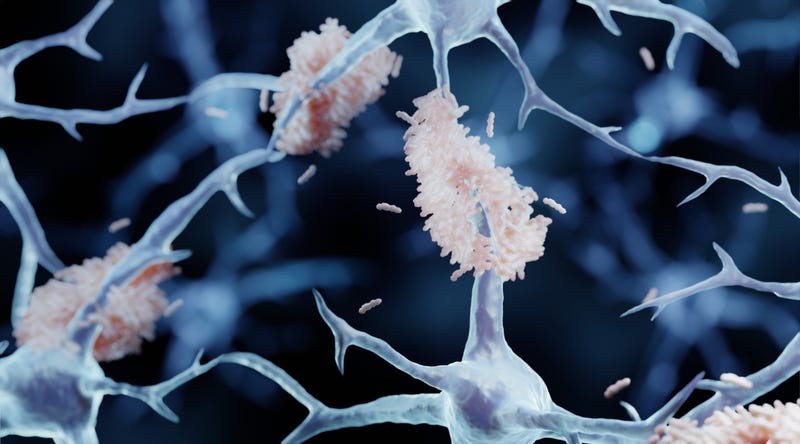
A new “primary prevention” trial announced by Washington University School of Medicine in St. Louis aims to reveal the cause of Alzheimer’s and prevent the disease from setting in.
“There is now clear evidence that the development and progressive accumulation of [amyloid beta] pathology occurs years before dementia symptoms begin, thereby providing a window of opportunity for intervention prior to symptom onset,” said the study description.
According to the Alzheimer’s Association, the condition is “a type of dementia that affects memory, thinking and behavior.”
It is the most common form of dementia, accounting for 60% to 80% of dementia cases and it typically is diagnosed in patients age 65 or older, though it can develop in younger patients. There is currently no cure for the disease but one treatment has been able to remove amyloid, protein fragment deposits that build up in spaces between nerve cells and are linked to Alzheimer’s.
Earlier this year, study results showed that another drug targeting amyloid could help reduce cognitive decline associated with the condition.
However, failures of other drugs “have eroded support for the idea that amyloid is responsible for a cascade of events that eventually lead to the death of brain cells,” per a Tuesday NPR report.
“Many of us think of that as the ultimate test of the amyloid hypothesis,” said Dr. Randall Bateman, a professor of neurology at Washington University School of Medicine in St. Louis, according to the outlet.
“If that doesn’t work, nothing will work.”
The upcoming “DIAN-TU Primary Prevention placebo-controlled trial will be a first of its kind, targeting amyloid deposition in subjects at risk for [dominantly inherited Alzheimer’s disease] prior to onset of significant [amyloid beta] pathology,” said Washington University. Dominantly inherited Alzheimer’s disease, or DIAD, is a form of dementia caused by rare, inherited gene mutations.
“Ideally, effective disease-modifying treatments would be started before any irreversible neuronal loss or dysfunction develops,” Washington University explained. “We call this effort ‘primary prevention’, as the intervention point takes place before amyloid plaques form in the brain.”
According to NPR, “the study will give an experimental anti-amyloid drug to people as young as 18 who have gene mutations that often cause Alzheimer’s to appear in their 30s or 40s,” and is scheduled to begin enrolling patients at the end of this year.
“In this study, we will test if it is possible to prevent [amyloid beta] deposition in DIAD mutation carriers and if doing so will prevent the cascade of pathology associated with AD and, ultimately, dementia in a population that is otherwise certain to get the disease,” Washington University said.
Those who are interested in the trial can contact the DIAN Expanded Registry at dianexr@wustl.edu.


